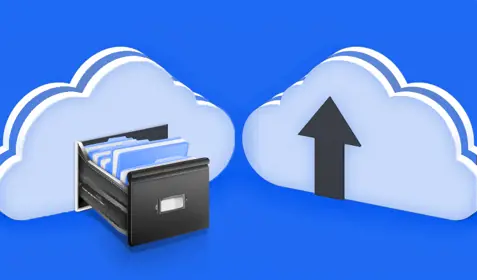Millions of U.S. citizens are scrambling to protect themselves from identity theft in the wake of the massive data breach scandal at credit reporting agency Equifax Inc.
In what's being called one of the biggest data breaches in history, Equifax last week disclosed that malicious hackers broke through its network security and gained access to private personal and financial information on an estimated 143 million U.S. citizens. That’s about 44% of the U.S. population.
The stolen data includes social security, credit card and driver's license numbers as well as names, birth dates and home addresses. It's all information cybercriminals need to take your identity and open fraudulent accounts and lines of credit, or steal your tax refund and social security checks.
There are, however, some simple steps you can take to significantly reduce the chances that you'll become a victim of identity theft. Here are a few:
1. Freeze your credit reports
One way to protect your identity until more information about the data breach is known is to freeze your credit reports. Credit card firms, mortgage companies and other businesses need to access your credit before they can approve a new line of credit. By placing a temporary freeze on the report, you'll prevent cybercriminals from opening fraudulent accounts in your name.
The cost to freeze your credit is between $5 and $10 for each credit bureau. You can begin the process by visiting the websites of Experian, TransUnion and EquiFax.
2. Remain vigilant
Another way to protect your identity is to closely monitor your financial accounts—credit cards, banking, utilities, etc.—for any signs of fraudulent activity, according to the Identity Theft Resource Center (ITRC), a non-profit organization established by the financial industry to raise awareness and support victims of identity theft.
The ITRC adds that consumers should be on the lookout for new notifications about the Equifax data breach. But it's also important to watch out for email phishing scams designed to exploit the data breach and get victims to click on a malicious link in an email, open a dangerous attachment or share personal information.
If you believe your driver’s license has been compromised, contact the department of motor vehicles in your state to notify them that your information may have been exposed.
3. Sign up for identity theft protection
Another way to protect yourself is to sign up for identity theft protection. Companies that offer identity theft protection typically monitor your credit and notify you of any suspicious activities. Equifax is currently offering free identity theft protection. But if you are (understandably) looking for another company to monitor your identity, here are a few choices:
- LifeLock
One of the most well-known identity theft protection agencies, thanks to an aggressive advertising campaign, LifeLock offers data breach notifications as well as credit, checking and savings account activity alerts.
- IdentityGuard
IdentityGuard offers social security monitoring, identity theft victim assistance, ID verification alerts and much more. The more expensive plans also offer credit reporting and public record monitoring in addition to other services.
- PrivacyGuard
PrivacyGuard provides access to all three of your credit reports and daily credit monitoring among other services.
Get additional tips on how to protect yourself from identity theft today.










